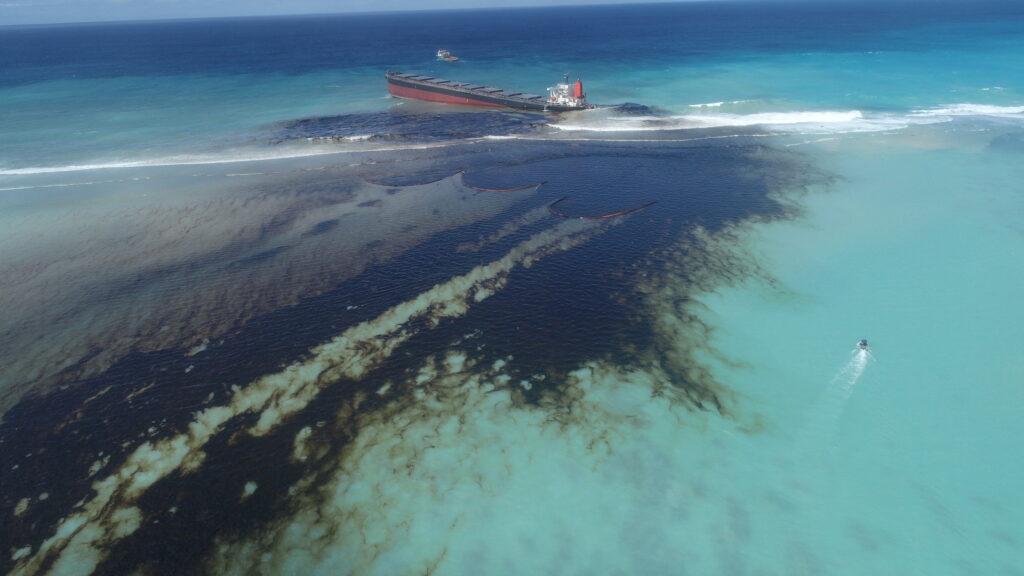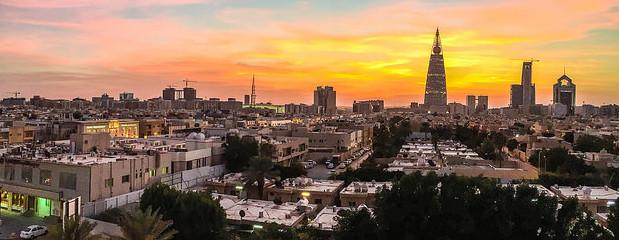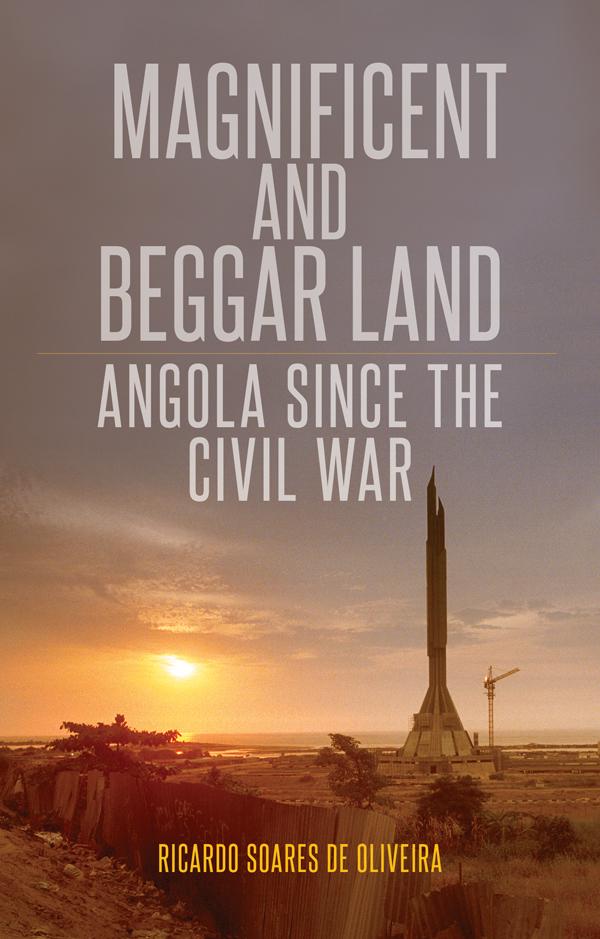Mauritius: The waves sound different now. Heavy. Sticky. Suffocating.

Mauritians have come together in the wake of the devastating oil spill. Yet nothing could prepare the tiny country for the challenge it now faces.

The MV Wakashio leaking oil off the southeastern coast of Mauritius. Credit: Greenpeace Africa.
As soon as you go south in Mauritius, you start smelling the oil. Within a short time you have a headache and, if you are near the coast, you quickly become ill. This area is already the poorer part of the complex island’s socioeconomic system, and the effects of the Wakashio disaster may linger for generations.
On July 25, the MV Wakashio, a Panama-flagged, Japanese-owned freighter ran aground within swimming distance of two international marine heritage sites. For 13 days, the government did not act to remove it, negotiating instead with the boat’s insurers to determine who would carry the associated cost. The public were not informed of the 4,000 tonnes of oil inside it. Until it started leaking and photographs by outraged individuals were shared on social media, the situation was largely ignored. An estimated 1,000 tonnes of oil leaked into the ocean (as of Wednesday afternoon, most of the oil left on the tanker had been pumped off, according to shipowner Nagashiki shipping).
The disaster has been flagged as possibly Mauritius’s worst ecological crisis in history by Greenpeace.
A tiny island that three months ago was hailed as the David who beat the Covid Goliath now finds itself crippled in the face of international oil. It is a powerful metaphor for the struggle of life at the end of the Anthropocene.
⚠️PLEASE SHARE AS WE MUST GET MORE HELP FOR MAURITIUS!⚠️ This oil spill is happening now in Mauritius as their coastline is covered in thick black oil, killing all wildlife & marine life in its path, but they're ill-equipped for the cleanup SO please retweet/let's get them help! pic.twitter.com/KB7L22qoYz
— Karmagawa (@karmagawa) August 9, 2020
Now, Mauritians have come together in the way they have learned to do in the face of cyclones, COVID-19 and other crises. Yet nothing could prepare the tiny country for the challenge it now faces. After overcoming COVID-19, tourism was due to relaunch and Mauritius had carefully strategised to open its skies. But, in the face of contaminated oceans, it is unlikely that planes full of tourists will arrive.
Food security, already fragile, will be made much worse as fish, aquaculture, and the entire ecosystem becomes slowly poisoned. As Mauritians begin to comprehend the depth of what may be lost, rage, distrust and grief may break the pacts of social cohesion that have existed for generations.
Yet in the face of such tragedy, the best of Mauritius is also emerging. Around the island, everything is forgotten except the need to work together to save the sea. Social media is bringing the country together in powerful ways. Hairdressers are offering free haircuts so that the material can be used to soak up oil. Sugarcane remnants are being turned into massive barriers to contain the spread.
Volunteers are being fed and cooked for and cared for. Animals are being carefully washed and housed, and partnerships between public and private-sector organisations are rapidly being created. An international fundraiser supported by Greta Thunberg is bringing in resources the government — already facing economic challenges before COVID-19 — can ill afford. Endemic species are being rescued by hand from the famous Île aux Aigrettes to be protected on the mainland in case conditions worsen and even that short distance cannot be rowed through an oil-filled sea.
Absolutely shattered by the ecological crisis faced by Mauritius. These pictures of the oil spill, wrecking our most beautiful lagoons, were taken by my friend Eric Villars on his flight to Rodrigues this morning. #mauritius #oilspill #wakashio #bluebay #coralreefs #marinepark pic.twitter.com/DRTLthCZw1
— Priya Hein (@PriyaHein) August 7, 2020
The waves sound different now. Heavy. Sticky. Suffocating — even for those above the surface, breathing air.
It is unclear whether the government is able to control the spread. Japan is “sorry” and has sent a relief team. France is also supporting the clean-up efforts. On Mauritian streets and along its coastline, there is disillusionment and despair with government directives. While politicians wade through insurance paperwork, the oil is slowly spreading up the coast.
Even with major international support, the oil is already in the sea. This tiny island, long considered the “star and jewel of the Indian ocean”, may find itself surrounded by the debris of a flailing global oil economy. Whatever happens, one thing is now apparent: Mauritians will not allow their home to be sacrificed so lightly. For now, there is urgent work that must be done. Later, there will be time for rage — and grief.
This article was originally published on Mail & Guardian.






